【新唐人2011年5月18日訊】最近有專家撰文指出,北京一直致力於維持經濟發展和社會穩定的平衡,但現在二者之間出現了問題。北京所憂慮的不是農民抗議,而是受過高等教育的中產階層。對此,學者指出:在中共的打壓和拉攏面前,知識份子應該考慮自己的社會責任和義務。
德國的《時代週報》刊發德國發展政策研究所研究員費多麗(Doris Fischer)的文章:《北京對知識份子的超級恐懼》一文。文章認為,中共有兩個目標政策導向,就是“政治社會穩定和經濟發展,並試圖在穩定和發展的兩極之間製造平衡”。
費多麗認為,1989年的6.4運動,就是兩個主要目標之間的平衡出現問題,使受到教育的人出現不滿所致。然而最近幾個月,通貨膨脹不斷上升,個人權利不能保證不受國家侵犯,為所慾為的逮捕行為到處可見。兩個主要目標之間的平衡再次出現問題。
文章指出:受過高等教育者這一次再次扮演重要角色,要是成為反對派力量,將農民和工人的不滿力量凝聚起來就會動搖整個制度。這也就是中國(共)政府當今,對那些為數很少的反對派人士如此不安的原因。
原《畢節日報》記者李元龍認為,獨裁者怕知識份子。任何獨裁政權都是靠陰謀手段來維持統治的,所以搞封鎖,害怕人們知道統治集團使用甚麼手段,怎樣欺騙老百姓,怎樣維持自己的利益集團等等,用愚民統治。
原《畢節日報》記者李元龍:“不管怎樣,中國的老百姓雖然他們不說話,但是心裡面對共產黨的統治整個都是不滿的,對民主自由的渴望,都是嚮往的。在共產黨高壓政策的下面,積蓄了甚麼樣力量,我們也不知道嘛!但是我深信,中國的民主和自由只是時間遲早的問題,我認為最後遲早會實現民主自由的。”
中共聲稱,共有55萬人被打成「右派」,但根據最新「解密檔案」研究顯示:實際被打成右派與中右的知識份子高達461萬人。數十萬人死於非命,大多數被強制勞教,有些被判刑。現在,隨處看見的非法關押、勞教,重判,是這種政策的延續。
原《畢節日報》記者李元龍:“對知識份子採取一個是高壓,比方說把你抓進監獄啊!迫害你﹔還有一個就是『收買』,收買的手段,比方說成立『作協』、『文聯』。把這些知識份子包養起來,包養起來以後你拿我的工資,我給你工資,你就只能對我歌功頌德,所以中國的知識份子就兩極分化。”
受到多次迫害的山東大學退休教授孫文廣認為,中共的統治就是利用歷次政治運動製造的「恐怖氣氛」使知識份子就範。致使敢說真話的人不多。
山東大學退休教授孫文廣:“這個情況可能要改變呢,就要大家承擔自己一些責任,另外,我們面臨一個大環境,在這個環境裡頭我們應該有一個使命的感覺,就要在我們條件還允許的範圍之內,來做些事情。”
孫文廣呼籲中國的知識份子:找好自己的歷史位置。
孫文廣:“我想中國的知識份子應該更多的考慮一下社會、國家、人類發展的大趨勢,在這個大趨勢當中,在這個歷史潮流當中,我們找好位置,發揮我們的作用,這樣…有一個責任、有使命在裡面。”
新唐人記者李靜、宋風、蕭宇採訪報導。
Beijing Fears Intellectuals
Beijing is now said to have problems in the balance
of the economic growth and social stability,
and it is not the protests from farmers, authorities
worry about, but from well-educated middle class.
When facing crackdown and entice from CCP
(Chinese Communist Party), intellectuals need
to carefully weigh out their social responsibilities.
German Development Institute fellow Doris Fischer
wrote for Times 『Beijing』s Panic Of Intellectuals.』
She said that CCP followed two guidelines,
the social stability and the economic growth,
trying to find the balance in between.
Fischer said that the Tiananmen Incident of 1989
was caused by the imbalance of the two,
as intellectuals were in dissatisfaction. Lately,
inflation was increasing, individuals were affected,
and arbitrary arrests are ubiquitous. It is apparent
that the long stable balance is becoming uneven.
Fischer thinks that intellectuals became empowered
and if they stood up to oppose, along with laborers
they could shake the entire social system.
She deems that this is what worries CCP the most,
though the small number of those in opposing state.
Former Bijie Daily reporter Li Yuanlong suggested
that dictators are in fear of intellectuals. He said
dictatorships were built upon intrigues and schemes,
such as information blockade and lies
by all means to maintain their rule and interests.
Li Yuanlong: “Notwithstanding the silence,
Chinese people are unhappy with CCP』s ruling,
and are eager for democracy. Due to the underlying
CCP』s repression, powers are accumulating
and though invisible they will eventually come out.
Democracy will fall upon China one day,
and I believe this day is not too far away.”
According to official CCP data, 550,000 are labeled
as being rightist, but newly released Decrypt Files
show that 4.61 million intellectuals are labeled
as rightist or mid-rightist, and tens of thousands
were killed and sentenced. Today,
the ubiquitous illegal detentions, imprisonments
and biased sentences are repetition of the past.
Li Yuanlong: “CCP either persecutes intellectuals
by jailing them, or bribes them by establishing
associations, such as Writers Associations
or Literary Federations, giving them jobs
and paying them for party propaganda,
that』s why Chinese intellectuals become polarized.”
The retired Shandong University professor,
Sun Wenguang who is persecuted for a while now,
said that CCP created political campaigns
to repress intellectuals, so they become frightened
and get use to being silent.
Sun Wenguang: “To change this situation,
individuals have to assume more responsibilities
and do more under the permitted conditions,
having a sense of mission.”
Sun Wenguang urged all Chinese intellectuals to be
fully aware of their identity and historical mission.
Sun Wenguang: “I hope Chinese intellectuals can
ponder further about the future of society, the state
and the people. Individuals can play critical roles
if they position themselves correctly
and act accordingly.”
NTD reporters Li Jing, Song Feng and Xiao Yu
看下一集
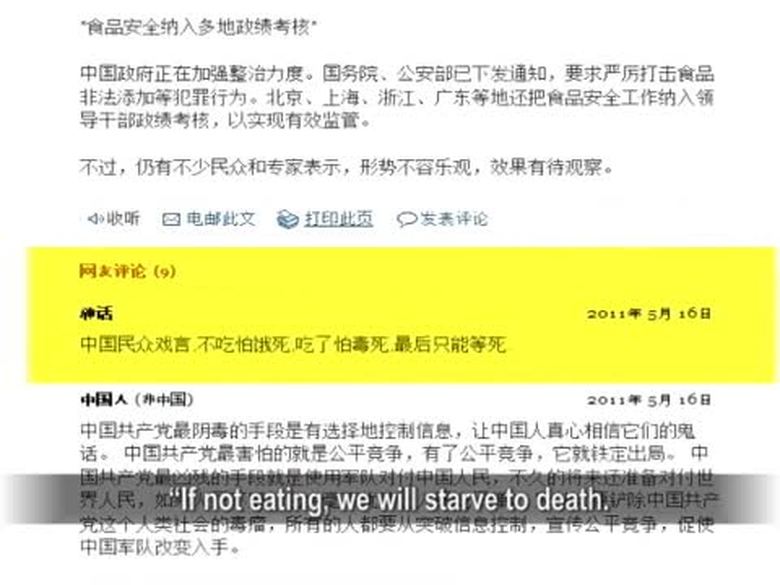
【禁聞】日啖三餐毒食品 胃堅強!
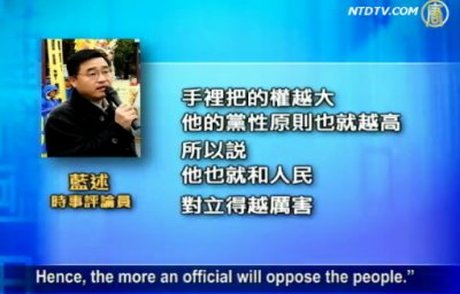
【禁聞】中共領導人上臺為甚麼會變壞?
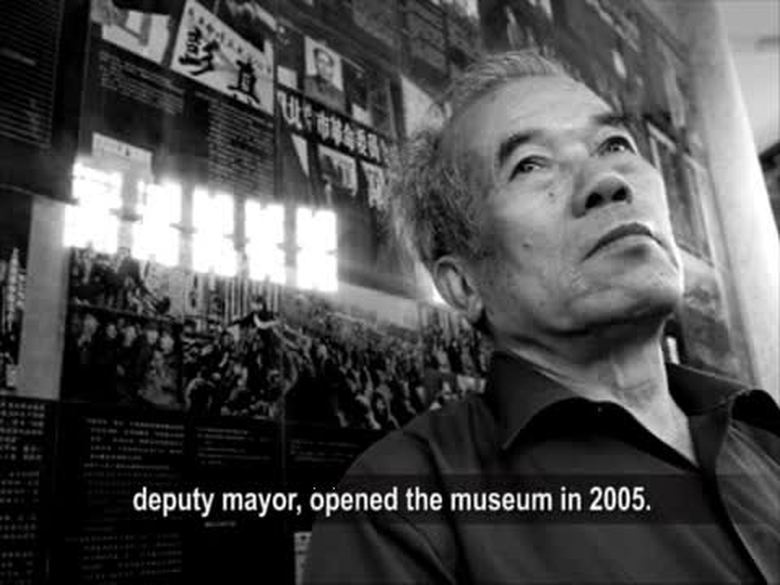
【禁聞】中國首家文革博物館處境堪憂
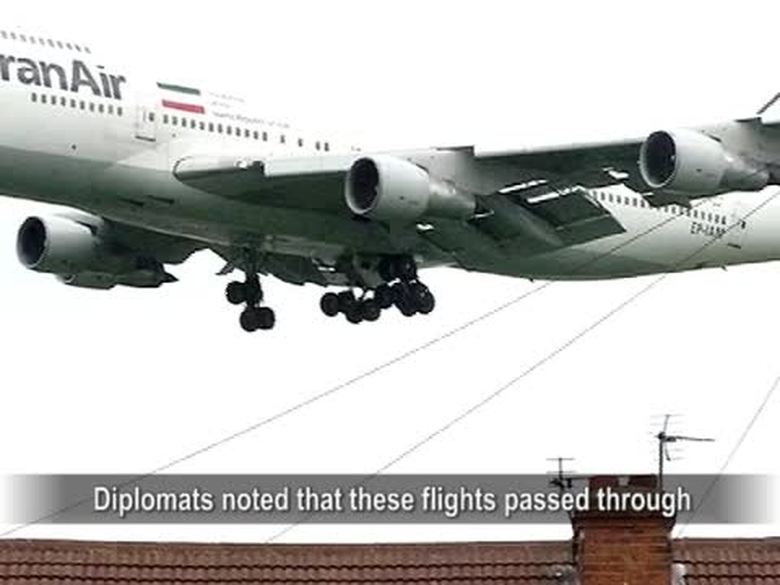
【禁聞】中共阻聯合國發表譴責朝鮮報告
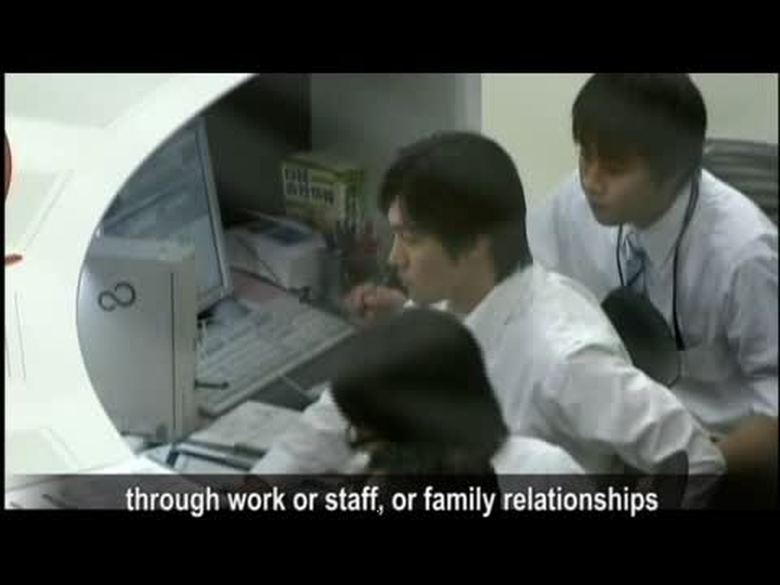
【禁聞】權錢合體 官商共創暴富神話
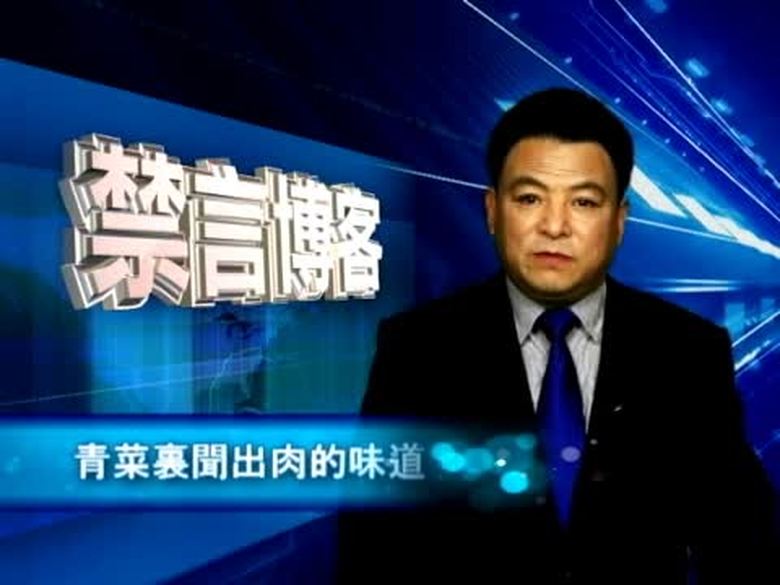
【禁言博客】青菜裡聞出肉的味道
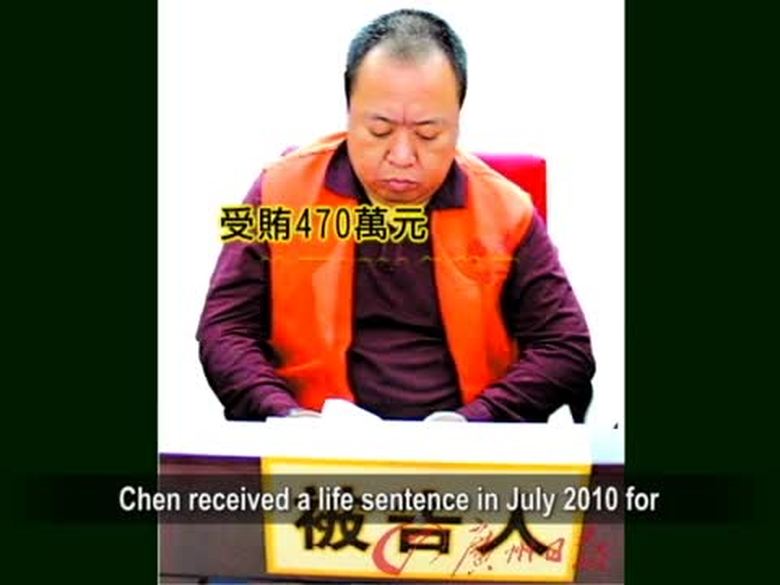
【禁聞】藝術家設「名人堂」諷貪官
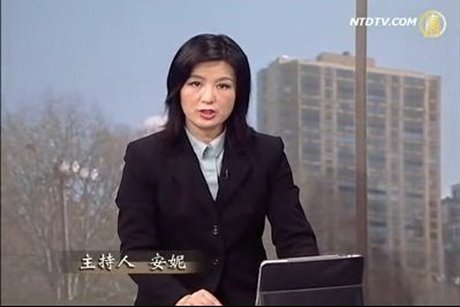
【禁聞論壇】中國是世界經濟大國嗎?

【禁聞】俄學者:中國或步蘇聯解體後塵

【禁聞】中共當局變相承認三峽工程失敗

【禁聞】食品問題頻頻曝 學者:藏高層角力

【禁聞】中共設好安全閥 否定“公民社會”

【禁聞】奥巴馬演說挺民主 學者指影響中國

【禁聞】遍地西瓜爆炸 炸出食品安全危機

【禁聞】舊西藏生活如豬狗 新西藏很幸福?

【禁聞】外記:中國新聞狀況持續惡化








